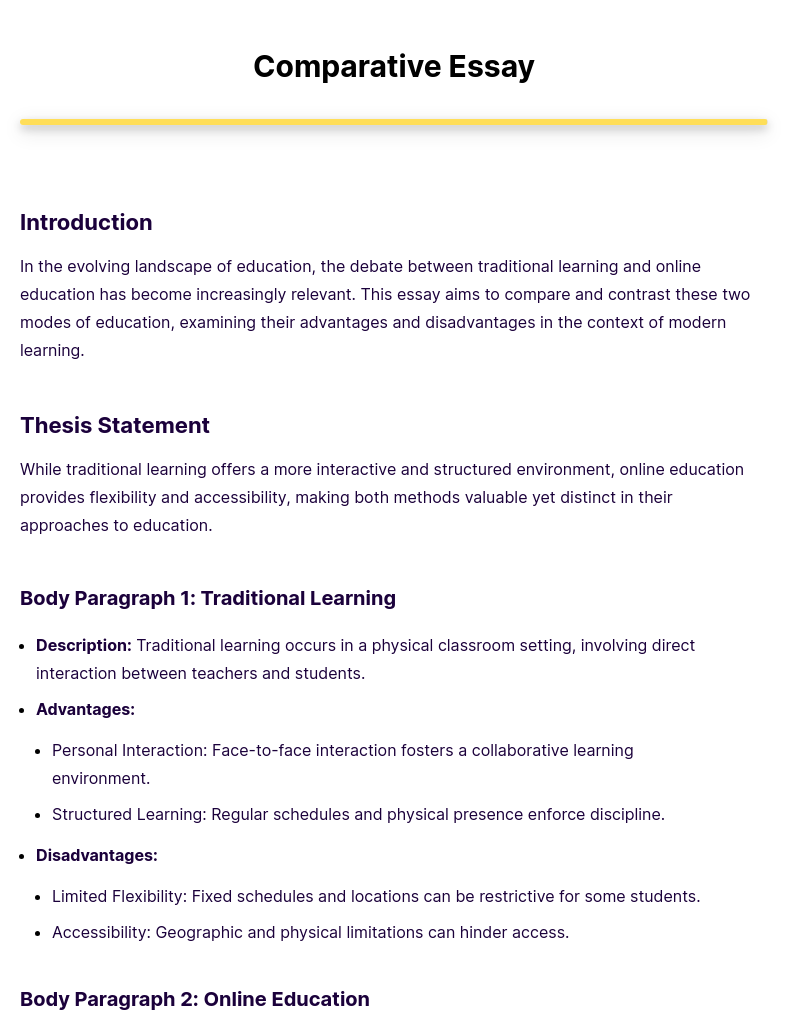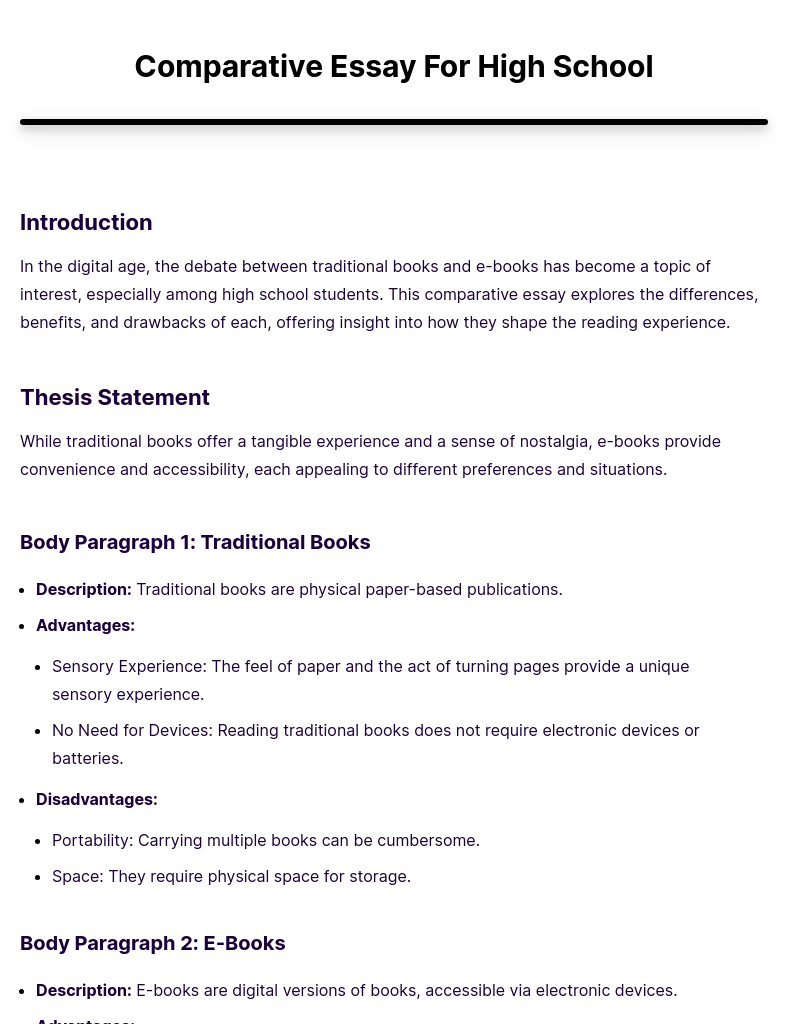![]()
This implementation plan outlines a straightforward, comprehensive approach to executing a communication strategy effectively. Designed for ease of use and clarity, it aims to enhance internal and external communication, ensuring all stakeholders are informed, engaged, and aligned with the organization’s goals.
1. Communication Objectives:
- Enhance Brand Awareness: Increase the visibility and recognition of our brand.
- Improve Internal Communication: Foster a culture of transparency and collaboration.
- Engage Stakeholders: Maintain regular, meaningful interaction with all stakeholders.
2. Target Audience:
- Internal: Employees, management, and departments.
- External: Customers, partners, media, and the public.
3. Key Messages:
- Organization’s Mission and Values: What we stand for and aim to achieve.
- Product/Service Information: Key features, benefits, and differentiators.
- Updates and News: Regular updates on company progress and news.
4. Channels and Tools:
- Internal Channels: Intranet, newsletters, meetings, and emails.
- External Channels: Website, social media, press releases, and events.
- Tools: Communication software, CRM, and analytics tools.
5. Implementation Timeline:
| Activity | Month 1 | Month 2 | Month 3 | Month 4-6 |
|---|---|---|---|---|
| Internal Communication Enhancement | ✔️ | |||
| External Communication Campaign | ✔️ | ✔️ | ||
| Stakeholder Engagement Initiatives | ✔️ | ✔️ | ||
| Monitoring and Adjustments | ✔️ |
6. Budget Allocation:
- Internal Communication: 20%
- External Communication: 50%
- Stakeholder Engagement: 20%
- Monitoring and Tools: 10%
7. Monitoring and Evaluation:
- Employee Feedback: Surveys and suggestion boxes.
- Customer Engagement: Social media interactions and feedback forms.
- Performance Metrics: Website traffic, campaign results, and communication reach.
8. Risk Management:
- Identify Potential Risks: Miscommunication, message dilution, or negative feedback.
- Mitigation Strategies: Regular training, clear guidelines, and proactive issue resolution.
This implementation plan serves as a roadmap for launching and maintaining an effective communication strategy. By adhering to the outlined steps, timelines, and considerations, the organization can expect to see improved clarity, engagement, and alignment among all parties involved.




















